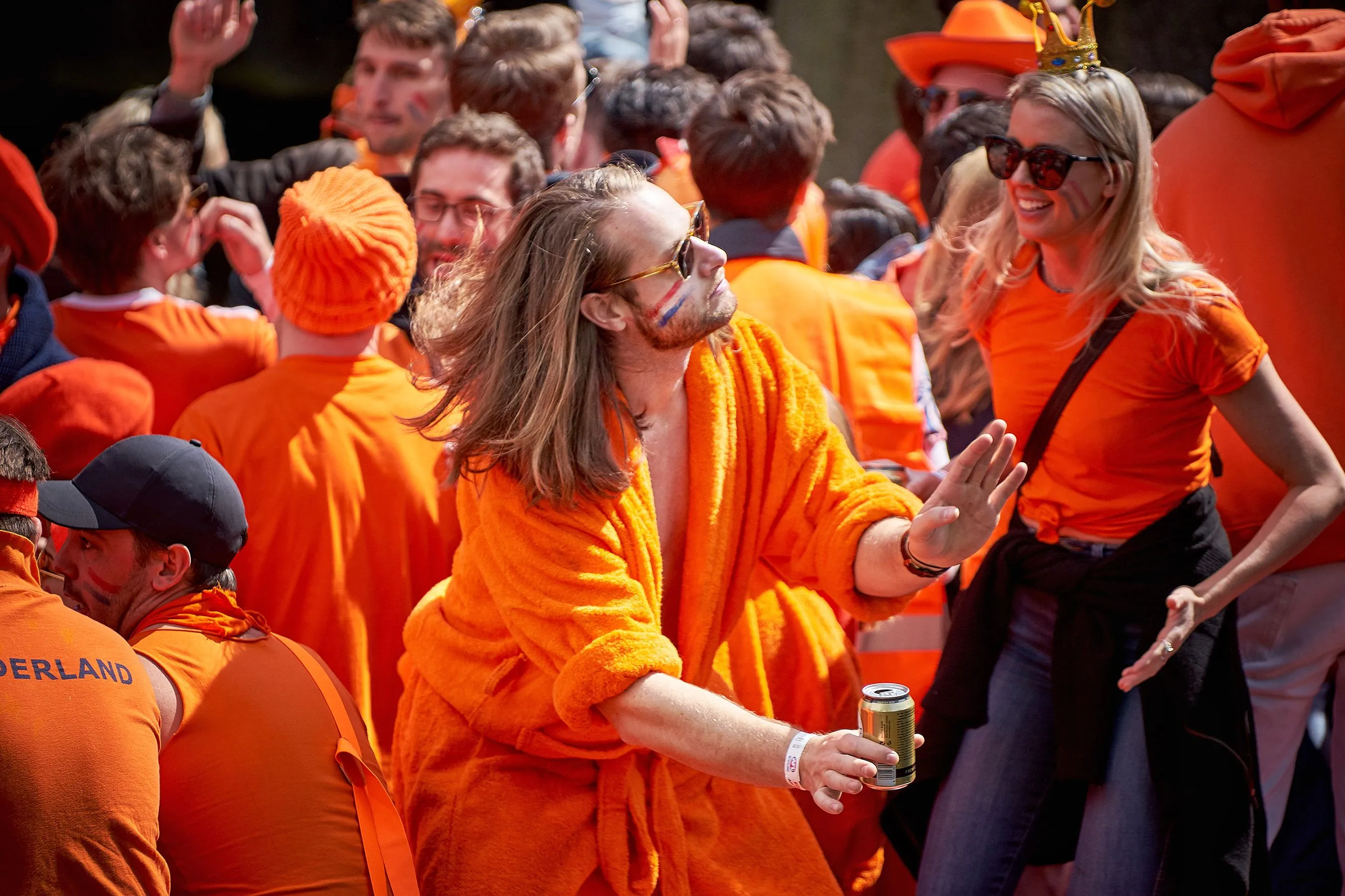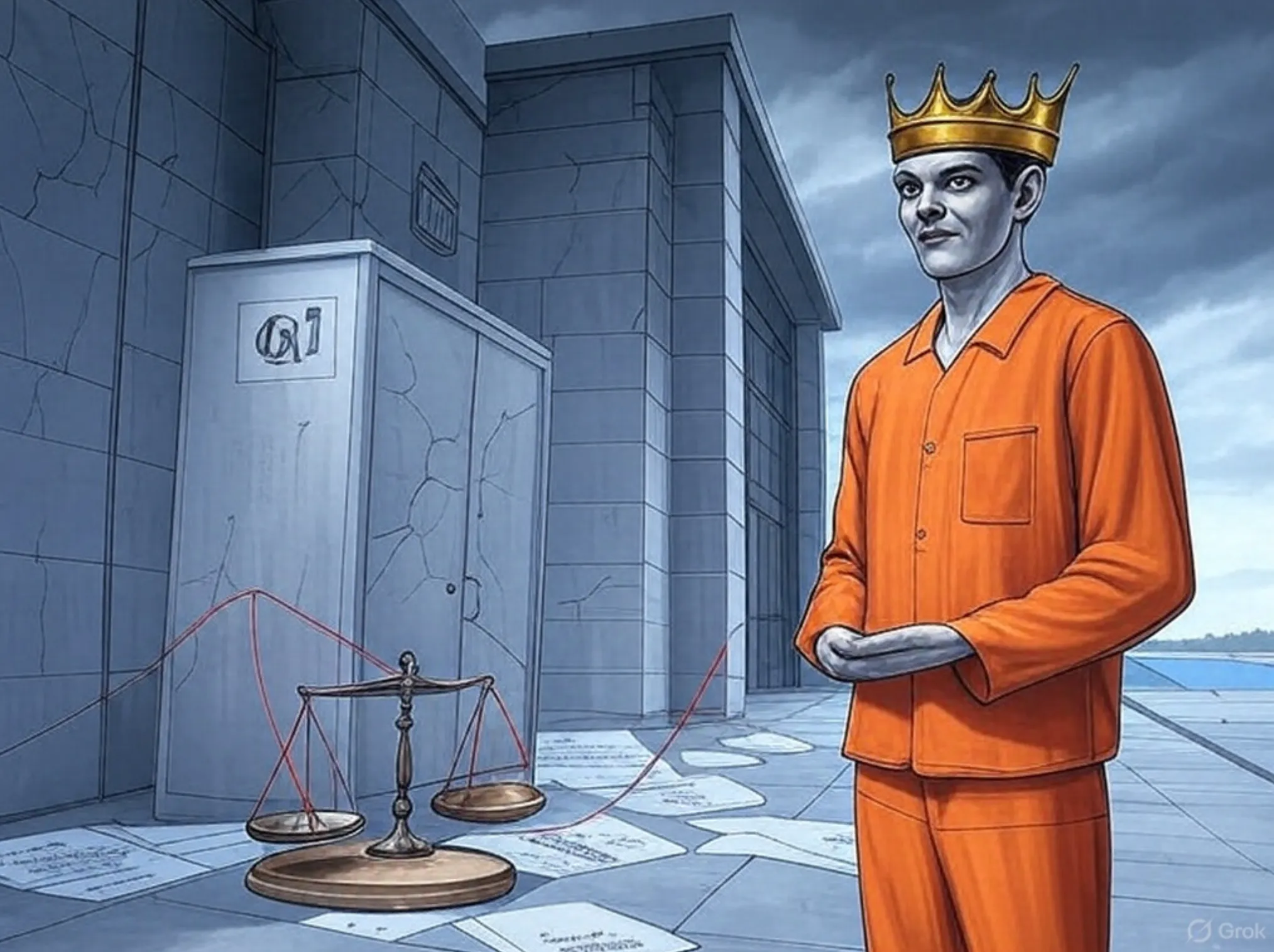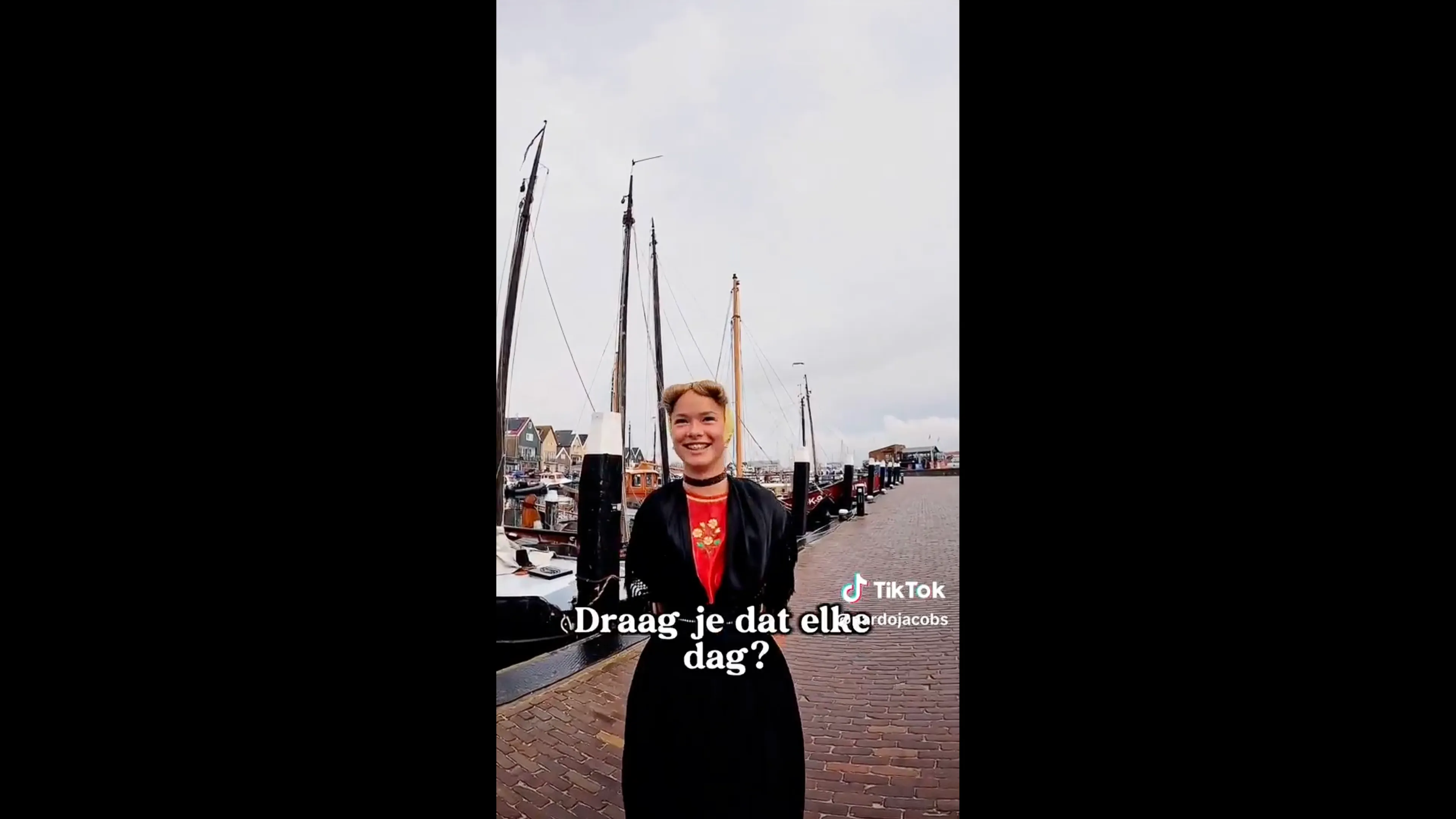Opwarming aarde gestopt

A year ago tomorrow, just before the opening of the UN Copenhagen world climate summit, the British Meteorological Office issued a confident prediction. The mean world temperature for 2010, it announced, 'is expected to be 14.58C, the warmest on record' - a deeply worrying 0.58C above the 1961-1990 average.
World temperatures, it went on, were locked inexorably into an everrising trend: 'Our experimental decadal forecast confirms previous indications that about half the years 2010-2019 will be warmer than the warmest year observed so far - 1998.'
Met Office officials openly boasted that they hoped by their statements to persuade the Copenhagen gathering to impose new and stringent carbon emission limits - an ambition that was not to be met.
Last week, halfway through yet another giant, 15,000 delegate UN climate jamboree, being held this time in the tropical splendour of Cancun in Mexico, the Met Office was at it again.
Never mind that Britain, just as it was last winter and the winter before, was deep in the grip of a cold snap, which has seen some temperatures plummet to minus 20C, and that here 2010 has been the coolest year since 1996.Globally, it insisted, 2010 was still on course to be the warmest or second warmest year since current records began.
But buried amid the details of those two Met Office statements 12 months apart lies a remarkable climbdown that has huge implications - not just for the Met Office, but for debate over climate change as a whole.
Read carefully with other official data, they conceal a truth that for some, to paraphrase former US VicePresident Al Gore, is really inconvenient: for the past 15 years, global warming has stopped.
But though it was still successfully trying to influence media headlines during Cancun last week by saying that 2010 might yet end up as the warmest year, the small print reveals the Met Office climbdown. Last year it predicted that the 2010 average would be 14.58C. Last week, this had been reduced to 14.52C.
That may not sound like much. But when one considers that by the Met Office's own account, the total rise in world temperatures since the 1850s has been less than 0.8 degrees, it is quite a big deal. Above all, it means the trend stays flat. ....
[...] little by little, the supposedly settled scientific ' consensus' that the temperature rise is unprecedented, that it is set to continue to disastrous levels, and that it is all the fault of human beings, is starting to fray.
Even Phil Jones, the CRU director at the centre of last year's 'Climategate' leaked email scandal, was forced to admit in a little noticed BBC online interview that there has been 'no statistically significant warming' since 1995.
One of those leaked emails, dated October 2009, was from Kevin Trenberth, head of climate analysis at the US government's National Centre for Atmospheric Research and the IPCC's lead author on climate change science in its monumental 2002 and 2007 reports.
He wrote: 'The fact is that we can't account for the lack of warming at the moment, and it is a travesty that we can't.'
After the leak, Trenberth claimed he still believed the world was warming because of CO2, and that the 'travesty' was not the 'pause' but science's failure to explain it.
The question now emerging for climate scientists and policymakers alike is very simple. Just how long does a pause have to be before the thesis that the world is getting hotter because of human activity starts to collapse?


